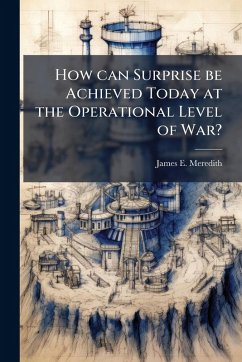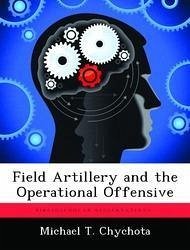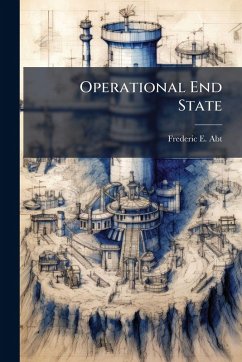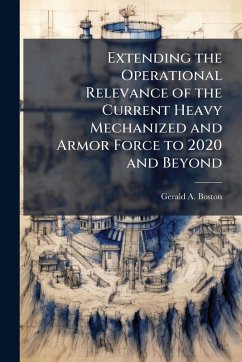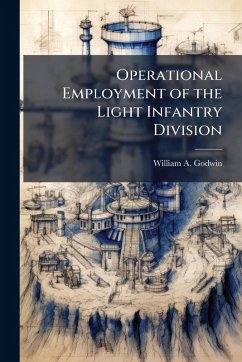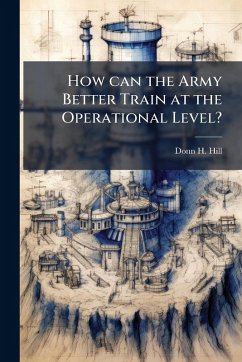
Essential Elements of Operational Surprise
Versandkostenfrei!
Versandfertig in über 4 Wochen
14,99 €
inkl. MwSt.

PAYBACK Punkte
7 °P sammeln!
This monograph examines operational surprise by answering the question, "What are the essential elements for producing operational surprise?" This issue is important because very little has been written about operational surprise despite the re-emergence of interest in the operational level of war. Surprise remains a basic and essential element in battle. The monograph first examines the theoretical foundation for surprise. Next, both historical and contemporary evidence are examined to derive the elements that are necessary for achieving operational surprise. The four historical campaigns dis...
This monograph examines operational surprise by answering the question, "What are the essential elements for producing operational surprise?" This issue is important because very little has been written about operational surprise despite the re-emergence of interest in the operational level of war. Surprise remains a basic and essential element in battle. The monograph first examines the theoretical foundation for surprise. Next, both historical and contemporary evidence are examined to derive the elements that are necessary for achieving operational surprise. The four historical campaigns discussed are: France 1940, Normandy, Ardennes, and Sinai 1973. Conclusions and implications are drawn from the analysis of these four campaigns. This monograph concludes that operational surprise may be attained by deceiving the enemy as to the exact time, location, and strength of a desired action, and by using new methods, techniques, and technology. Surprise is also achieved by reinforcing the enemy's false assumptions and expectations to one's advantage. Several factors that make these means so unique from those used to achieve surprise at the other levels of war are also discussed. The importance of "pre-conception" to the operational planner is highlighted. Finally, several implications are discussed. Specifically, the need to take advantage of operational surprise while on the defense is emphasized. This work has been selected by scholars as being culturally important, and is part of the knowledge base of civilization as we know it. This work was reproduced from the original artifact, and remains as true to the original work as possible. Therefore, you will see the original copyright references, library stamps (as most of these works have been housed in our most important libraries around the world), and other notations in the work. This work is in the public domain in the United States of America, and possibly other nations. Within the United States, you may freely copy and distribute this work, as no entity (individual or corporate) has a copyright on the body of the work. As a reproduction of a historical artifact, this work may contain missing or blurred pages, poor pictures, errant marks, etc. Scholars believe, and we concur, that this work is important enough to be preserved, reproduced, and made generally available to the public. We appreciate your support of the preservation process, and thank you for being an important part of keeping this knowledge alive and relevant.



